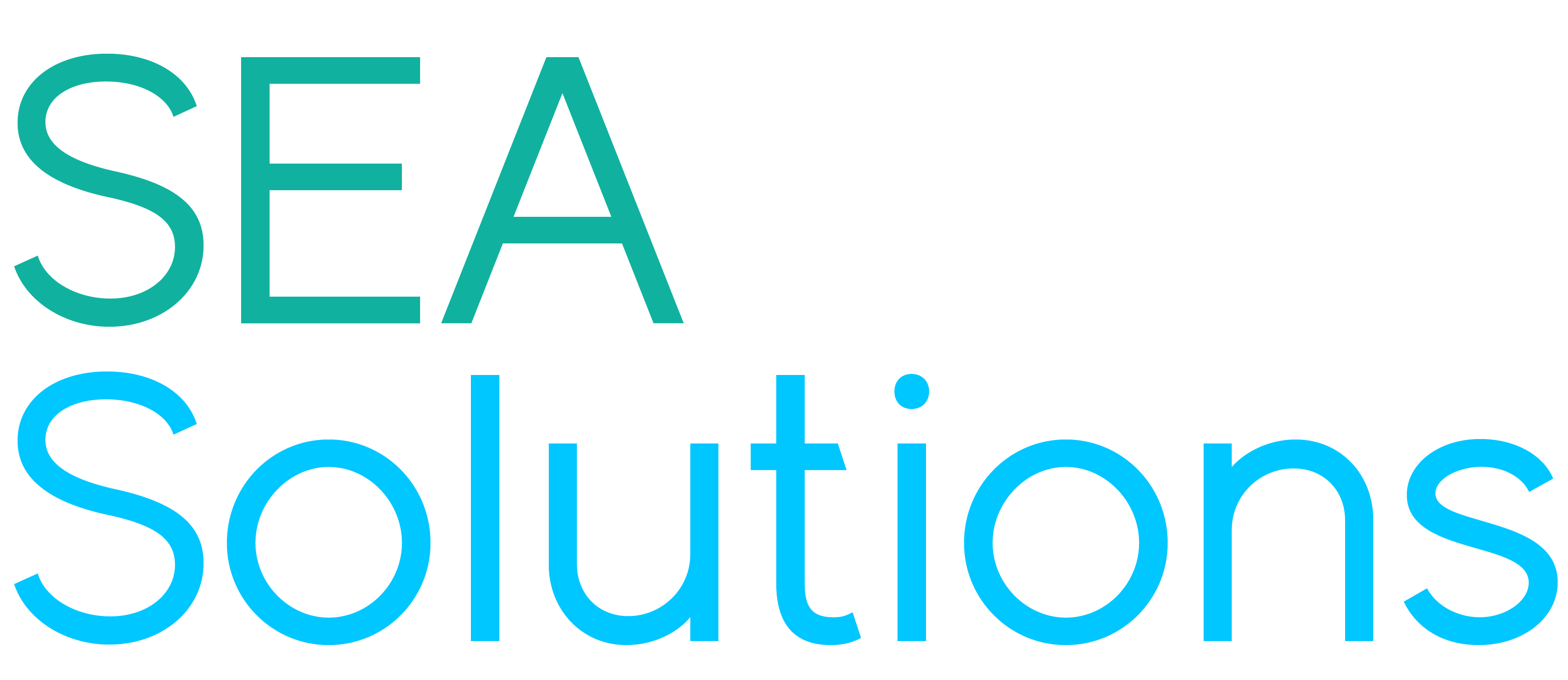


Take it back! bring it back!: Solutions for illegal trade in plastic waste


10:30-11:45
Opening plenary – Take it Back! Bring it back!: Solutions for illegal trade in plastic waste
10:30-11:45
The rapid growth in the production, use and disposal of plastic represents a challenge for waste management systems. It has resulted in a global trade in plastic waste. In January 2018, China banned the import of 24 types of waste, including various plastics. Since then, plastic waste exports have been re-routed to South East Asia countries, including Malaysia, Thailand, Indonesia, Philippines and Viet Nam. This is posing a threat to the environment and human health.
The global trade of waste and plastic waste involves a wide range of actors. Therefore, traceability and control is proving a challenge. Countries are taking steps to address this issue. Countries are no longer issuing permits to import plastic scrap and are announcing the shipping back of contaminated plastic waste. Much of this plastic waste was being brought in illegally in containers, once the containers are fully inspected.
Containers of contaminated plastic are now sitting in ports – which is posing environmental and health risks. Recycling sectors with proper credentials are awaiting legal shipments of non- contaminated plastic.
To tackle the issue of illegal trade of plastic waste, the national competent authorities must have the capacity to monitor and control the flow of plastic waste, and to implement and enforce existing legislation and policies. Source countries – where the plastic waste originates – are also being engaged to tackle the problem at source.
This session will consider the multi-pronged initiatives being undertaken by both source and recipient countries, national and international frameworks to clean up the plastic waste trade. Policies such as the Basel Convention will be discussed, as well as the role of enforcement agencies in addressing the challenges brought by the illegal trade in plastic waste.
Moderator:
Discussants:
- Huib van Westen, Coordinator, Regional Enforcement Network for Chemicals and Waste
- Carlos Martin-Novella, Deputy Executive Secretary, Secretariat of the Basel, Rotterdam and Stockholm Conventions
- Zuraini Ahmad Tajuddin, Senior Principal Assistant Director, Department of Environment, Selangor, Malaysia
- Benedicte Niel, Principal Agent, Global Pollution Enforcement Team, Environmental Security Programme, INTERPOL
- Naporn Popattanachai, Faculty of Law, Thammasat University, TBC
- Louise Hardman, Founder & CEO, Plastic Collective
More information on the Basel Convention on the Control of Transboundary Movements of Hazardous Wastes and their Disposal
Questions
- How can we ensure the traceability of the plastic waste being traded, through strengthening data and intelligence-sharing amongst transboundary stakeholders?
- What are the challenges and gaps in the enforcement of inspection and controlling the illegal trade in plastic waste?
- How will the Basel Convention agreement to include mixed, unrecyclable and contaminated plastic waste exports support environmental justice and an ethical circular economy?
- How will the Basel Convention agreement to include mixed, unrecyclable and contaminated plastic waste exports support environmentally sound recycling for domestically created plastic waste?
- What are the challenges of the Basel Amendments in restricting trading and movement of plastic as a commodity?

